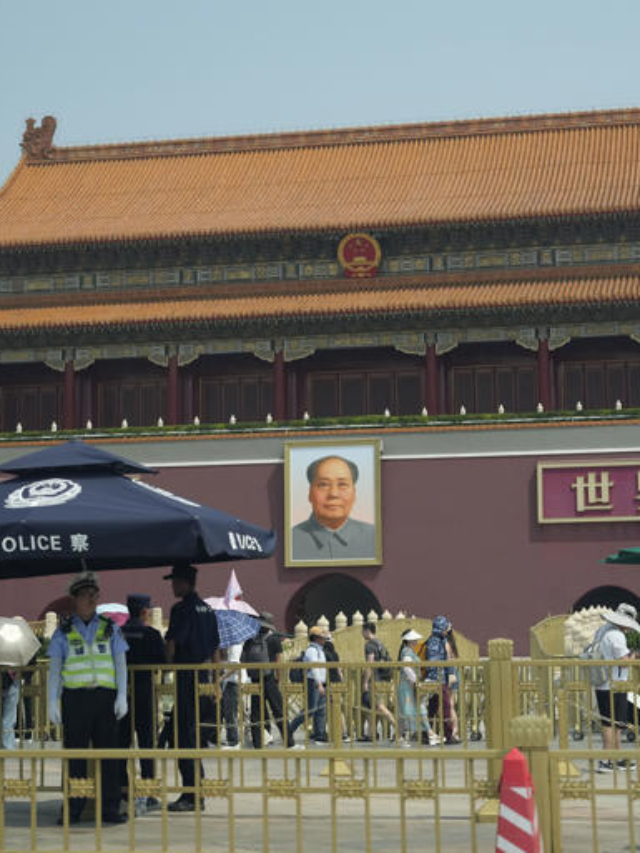
The subdued atmosphere and tight security measures observed in China and Hong Kong on the 35th anniversary of the Tiananmen Square crackdown. Commemorating the June 4th, 1989 events has been met with silence and significant security presence, reflecting the Chinese government’s efforts to suppress any remembrance or discussion of the incident. In mainland China, authorities intensified surveillance and censorship to prevent public gatherings or expressions of dissent. Dissidents and activists faced increased scrutiny, with some reportedly placed under house arrest or detained to prevent them from marking the anniversary. Meanwhile, in Hong Kong, where Tiananmen vigils were traditionally held, authorities banned the annual event for the second consecutive year, citing public health concerns amidst the COVID-19 pandemic. Despite the ban, small groups of individuals attempted to commemorate the event privately, leading to several arrests by police.
The broader implications of the crackdown’s anniversary amidst China’s tightening grip on dissent and freedom of expression. It highlights concerns from human rights groups and foreign governments about China’s erasure of historical memory and suppression of political opposition. The Chinese government’s crackdown on Tiananmen commemorations underscores its broader approach to maintaining control and stifling dissent, both domestically and internationally. This concludes by noting the contrast between the government’s efforts to silence discussion of Tiananmen within China and the continued efforts by activists and advocates worldwide to keep the memory of the crackdown alive and seek justice for its victims.







